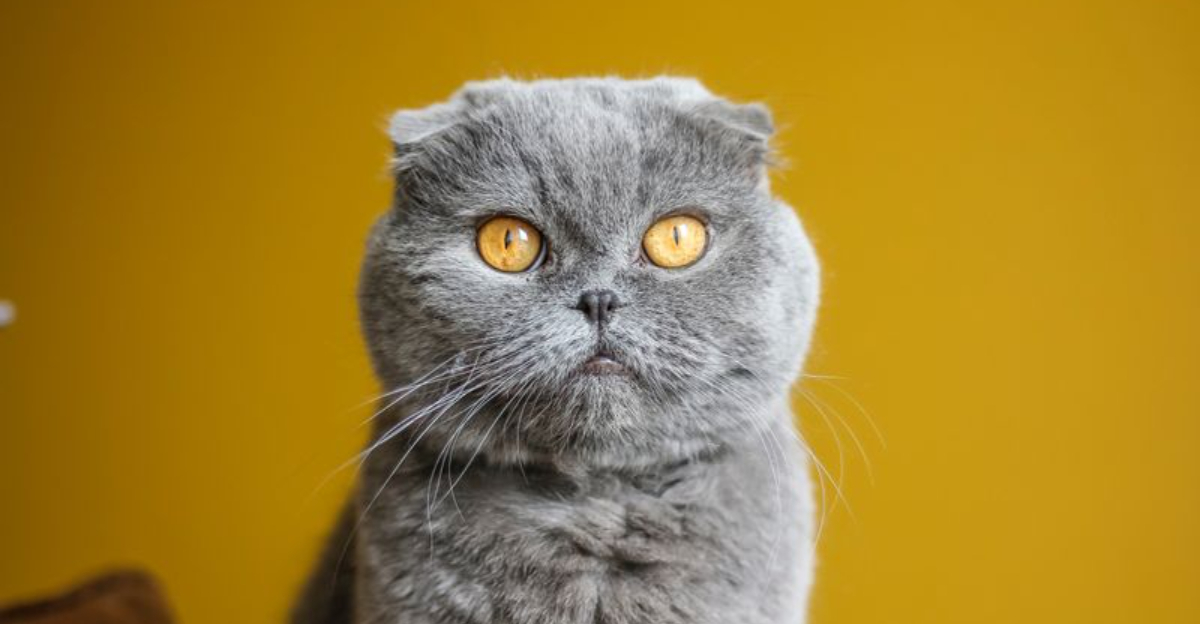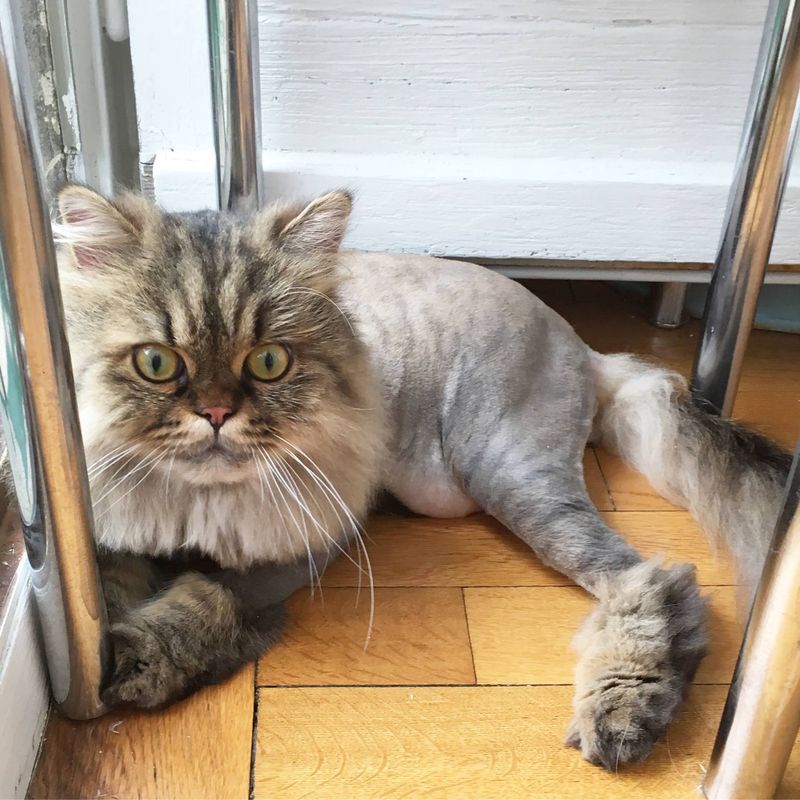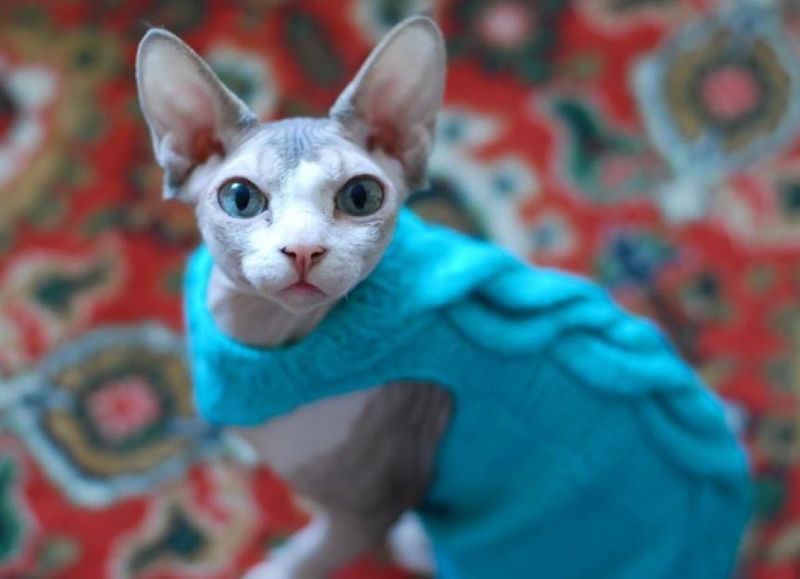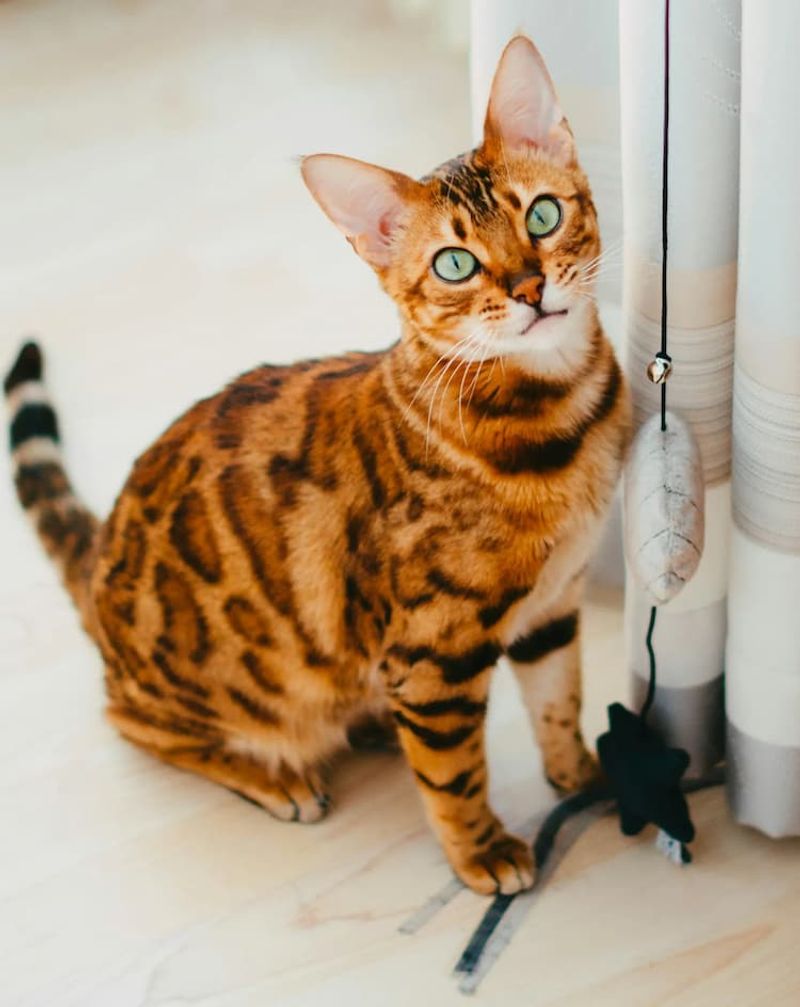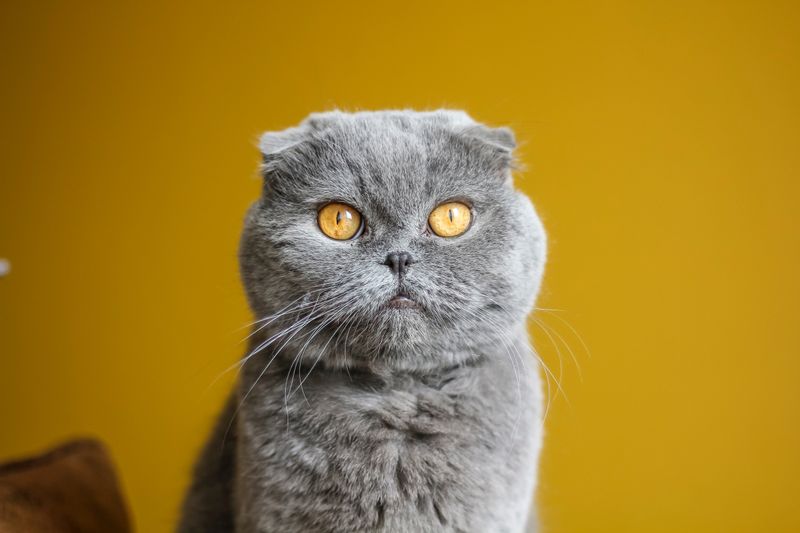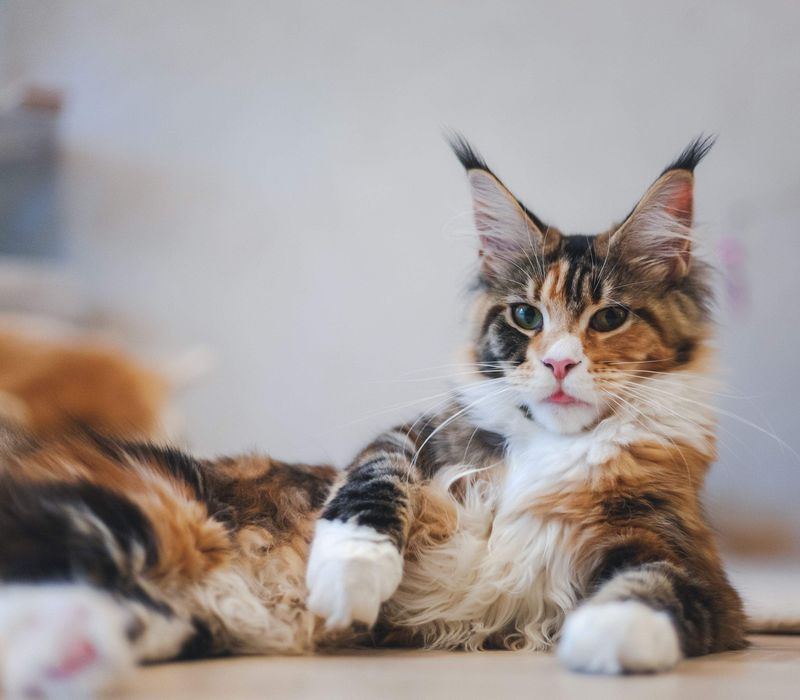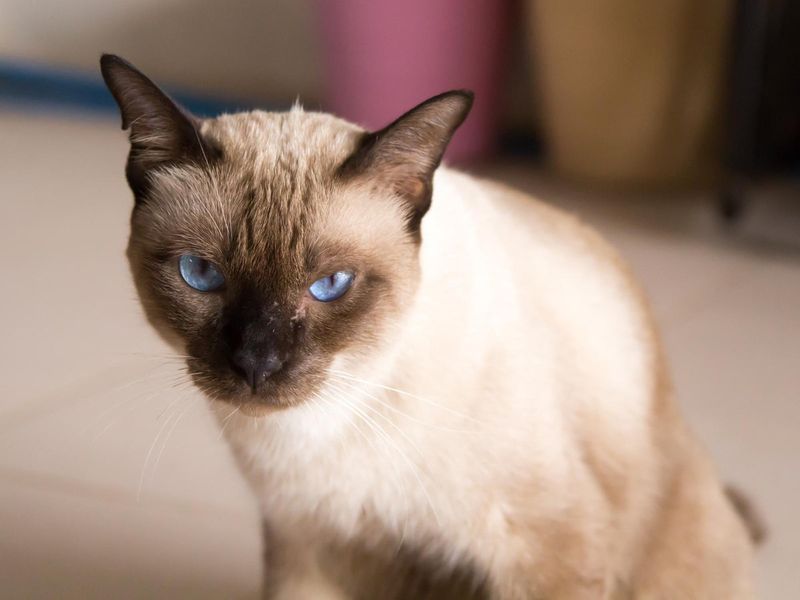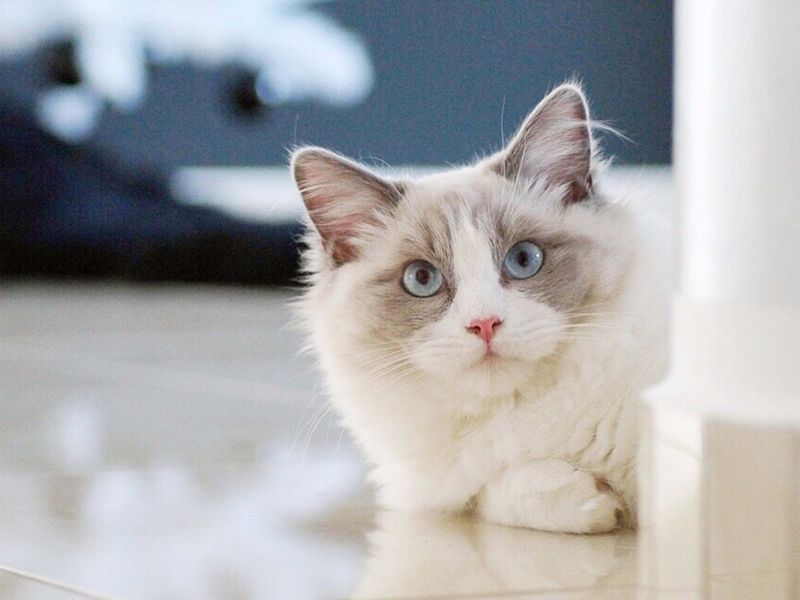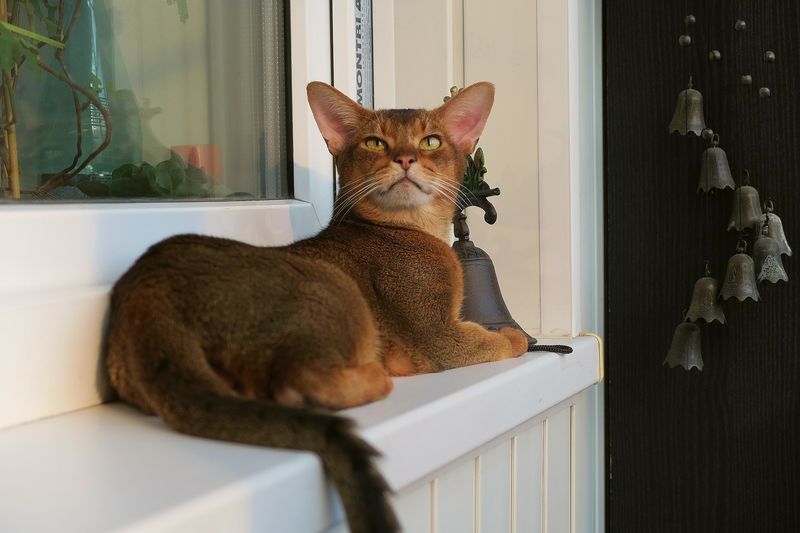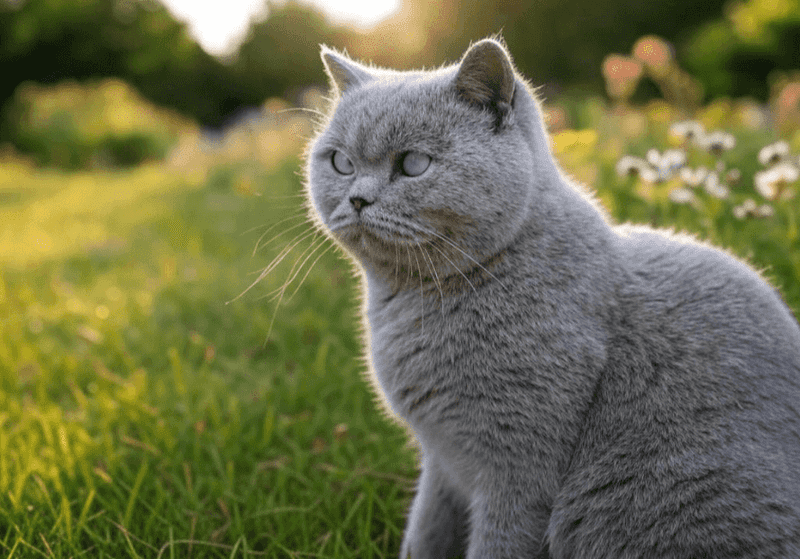📖 Table of Content:
Cats captivate with their grace, independence, and enigmatic charm, making them one of the most beloved pets worldwide. While many breeds offer easy companionship, others present a more complex experience. Beneath their beauty and elegance, some felines come with traits that require extra patience and care.
Veterinary professionals often observe patterns in specific breeds that pose unexpected challenges. These can range from chronic health conditions to intense emotional needs or unpredictable behavior. While still loving and rewarding pets, these cats aren’t always as low-maintenance as they appear.
Understanding a breed’s unique needs is essential for creating a happy and healthy home. For those considering one of these striking but demanding companions, preparation is key. Here are 9 cat breeds that may prove more challenging than they initially seem.
1. Persian
Known for their luxurious coats, Persian cats require intensive grooming. Their long fur can easily become matted, necessitating regular brushing. It isn’t just their coats that demand attention; Persians are prone to respiratory issues due to their flat faces. These charming felines often experience squished nasal passages.
Additionally, Persians may suffer from eye tearing and dental problems. Owners must be prepared for frequent vet visits. Despite these challenges, their gentle demeanor captures many hearts. Proper care can ensure a happy, healthy life for these beautiful companions.
2. Sphynx
With their distinctive hairless appearance, Sphynx cats require unique skincare routines. These cats need regular baths to remove oil buildup on their skin, which can lead to skin problems. Despite lacking fur, they are not hypoallergenic. Their skin can still cause allergic reactions. Furthermore, Sphynx cats are prone to heart disease, notably hypertrophic cardiomyopathy.
Their playful and affectionate nature makes them a delight to be around. A Sphynx cat’s need for warmth means extra cuddles are always appreciated. Owners must be diligent in their care routines to keep them healthy.
3. Bengal
Bengals are renowned for their wild appearance and energetic personality. These cats require a lot of stimulation and exercise to prevent boredom. Their intelligence can lead to destructive behavior if not properly engaged. Bengals are known to be vocal and demanding, often seeking attention from their owners. Additionally, they are prone to specific health issues, such as flat-chested kitten syndrome.
Despite these challenges, Bengals are loyal and fun companions. Providing them with ample space and interactive toys is key to a harmonious life with a Bengal.
4. Scottish Fold
Famous for their folded ears, Scottish Folds are adored by many. However, this breed is susceptible to a genetic condition affecting cartilage. This can lead to painful arthritis as they age. Scottish Folds need regular vet check-ups to monitor their health.
Their sweet and playful nature often masks these underlying issues. They enjoy interaction with their human companions and thrive in a loving environment. Owners must be aware of their unique health needs. Proper care ensures they lead a comfortable and happy life.
5. Maine Coon
Maine Coons are one of the largest domesticated cat breeds. Their size requires more space and larger resources, from litter boxes to climbing trees. Maine Coons are also prone to heart disease, specifically hypertrophic cardiomyopathy.
Regular vet visits are crucial for early detection. Their thick coats require regular grooming to prevent matting. Despite these requirements, their friendly and sociable nature makes them a popular choice. Maine Coons are known for being gentle giants, providing companionship and warmth to those who care for them.
6. Siamese
Recognized for their elegant looks and chatty demeanor, Siamese cats are anything but low-key. They thrive on social interaction and can become distressed if neglected for long stretches. Their fine-boned structure also puts them at risk for respiratory problems.
Their elegant appearance is matched by their intelligence and curiosity. Owners must provide a stimulating environment to keep them mentally engaged. Despite the challenges, their loyalty and affection are deeply rewarding.
7. Ragdoll
Soft-tempered and affectionate, Ragdolls often melt in your arms when picked up. Despite their laid-back attitude, they are prone to heart disease and need regular veterinary oversight. Their long fur also requires consistent grooming, and they do best when surrounded by attentive family members.
They are known for their placid nature and gentle temperament. Despite potential health issues, they make wonderful companions. Proper care and attention ensure that they remain happy and healthy.
8. Abyssinian
Abyssinians are one of the oldest known cat breeds, celebrated for their lively and playful disposition. They are prone to dental issues, requiring regular oral care. Abyssinians are highly active and need plenty of stimulation. Climbing opportunities and interactive toys are essential.
Their curiosity often leads them into mischief. This breed is generally healthy but can be prone to certain genetic conditions. Owners who provide a stimulating environment will find them delightful companions. Their zest for life is truly infectious, bringing joy to any household.
9. British Shorthair
Boasting thick fur and a famously round face, British Shorthairs are the picture of feline poise. However, their mellow nature often leads to weight issues if not carefully managed. They also face an elevated risk of hypertrophic cardiomyopathy, making regular vet visits important.
Despite their health considerations, they are affectionate and enjoy lounging with their owners. Their calm demeanor makes them ideal for quieter households. With proper care and a balanced lifestyle, they make loyal and loving companions.
